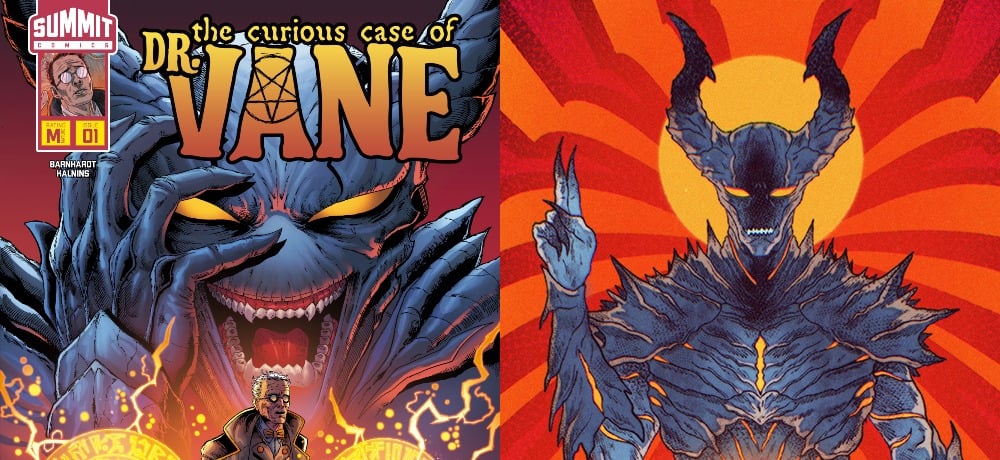





“Gore” is a term that seems to split horror fans in half. On one side are the gorehounds who love viscera and splatter above all else; and on the other, the purists, who want all of that splashing off-screen. I find myself split between these two, especially in recent years. When I was younger, I did love gore, but found little enjoyment in it beyond curiosity and testing my own stamina. Lately I have come to enjoy quieter, less messy offerings. Yet there are different ways to use gore. You find some films that use it to fill an otherwise thin plot; and others that find meaning, albeit a disturbing and brutal meaning, in violence.
This came clear to me when I read Clive Barker’s fiction for the first time. As a longtime fan of Hellraiser, it became a necessity for me to find Barker’s books, which are tragically hard to come by now. Discovering a copy of the Books of Blood was a monumental occasion for me. It did not disappoint, either. Perhaps because of the Hellraiser sequels, in some circles Barker’s name has become synonymous with pulpy, trashy, and gross. All of those things he is, wonderfully and brilliantly. He also transcends those descriptors by miles and dimensions. His stories evoke brutality and violence that move beyond our bodies and into our spirits.
Many of his stories reach Ovidian levels of metamorphosis, Kafka-esque nightmares of the flesh and mind. For instance, a psychopathic delinquent kills himself and transfers his spirit into a pig’s body, which allows him to devour his admirers. A tentacled beast lurks in an abandoned spa, waiting for men to fall into her trap so she can turn them into women. A young prison inmate begins a horrific transformation as he joins his murderous grandfather in a realm of cursed souls. Barker understands human anatomy so well that these transformations seem scientific; and his grasp of the mind brings them into a spiritual realm. His stories would fit with the oeuvre of Kafka and Blake, but they are rooted in our world, using modern fears as well as ancient ones to weave stories that resonate to the bloody core.
In the hands of a poorer creative mind, these stories would indeed be nothing but pulp. You have to be intelligent to weave something beautiful from tales of women who can rebuild your body with their minds, of demons who punish with pleasure, and giant bodies constructed of thousands of living people. Barker’s prose turns these stories into epics of loneliness, oppression, and awe, pushing the boundaries of degradation and human power. He knows what many genre authors do not: the darkest workings of the human brain. The gore and horror bring entertainment, but only to serve the poetry of his characters.
Because of this, for me, Barker’s stories linger beyond fear. “Jacqueline Ess: Her Will and Testament” still haunts me—it expresses triumph as an oppressed woman takes revenge on men by literally changing their anatomy, but it also displays utter desolation, because how can you safely love someone with that power lurking inside you? “Human Remains,” the tale of a beautiful male escort who finds that a creature is slowly taking over his body and his life, explores the idea that someone might be able to use your body for better purposes than you are able to. These stories have their moments of fear, but beyond that, beauty and tragedy. They show that horror can transcend its own boundaries of emotion.
These tales came to me at a time when I needed to hear them. Many times I have wanted to discard my body, often a betrayer, and find one purer and kinder. I wonder if Barker, too, has felt this way; but if he has, his stories indicate that he moved far beyond that shame. His tales are anything but moral in the traditional sense. They celebrate the strange, the aberrant, and the abnormal, until these things become normal. I needed to find this triumph for myself. Not only did this fiction influence my own writing, but it also influenced my acceptance of my body. It told me, “You aren’t the only one, and others like us have triumphed.”
That is the power of great art, isn’t it? To use a completely invented situation to connect with a strange soul and let them know that they are not alone. And Barker, pulpy as he threatens to be, achieves that. He proves that gore can ascend from its late-night stigma. His eye is unblinking, but it knows where to look.